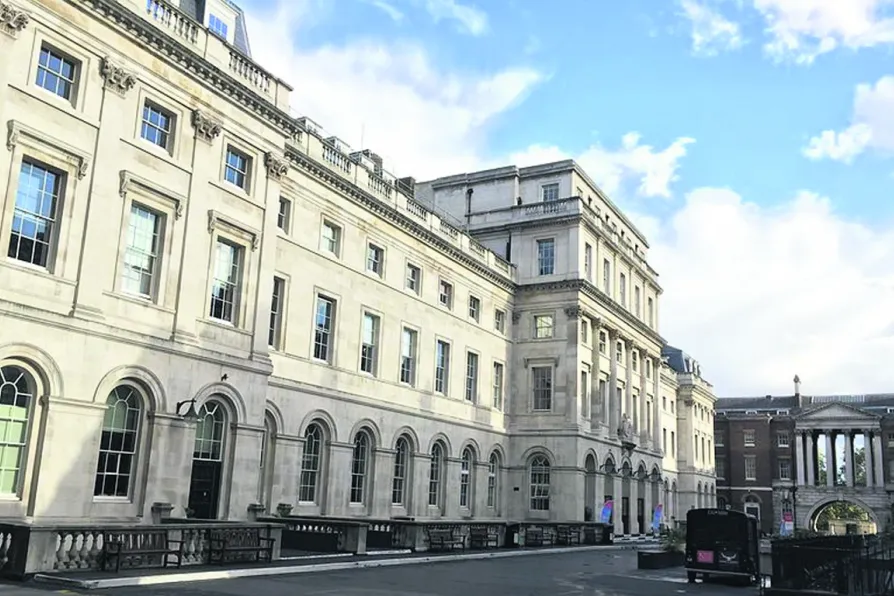
 King’s College London
King’s College London
A FORMER senior Metropolitan Police officer was at the centre of a university blacklisting scandal, campaigners have alleged.
Detective Chief Superintendent Alaric Bonthron ran the Met’s internal complaints unit before leaving the force to take charge of security at King’s College London (KCL).
It was there, campaigners claim, that he drew up a secret watch list of student protesters and barred them from the KCL campus during a royal visit on March 19 this year.
Over a dozen students found that their access cards had been frozen when the Queen came to open a new building.
They complained, alleging racial discrimination, and KCL launched an independent review.
The review produced a report, published earlier this month, which found that security staff had illegally shared students’ data with the Met days before the royal visit.
Activists involved in Climate Strike, Intersectional Feminists, Justice 4 Cleaners, Cut the Rent and Action Palestine were all flagged up with police.
Although most of the activists are black or ethnic minority, the report said the list was not racially motivated.
Throughout the document, the name of the university’s head of security is redacted.
A civil liberties group, the Network for Policing Monitoring (Netpol), has now studied the report and claims to have identified the person in charge of security as Mr Bonthron.
The Morning Star has not been able to put this allegation to Mr Bonthron, but he is listed on various websites as having held this role. KCL has said it is appointing a new head of security.
Prior to working at the university, Mr Bonthron was head of professional standards at the Met for two years.
He also dealt with “large-scale protest” during the 2012 London Olympics. Campaigners have previously criticised the Met for stifling freedom of assembly during the Games.
Earlier in his career, he “monitored community tensions and provided tactical advice to operational commanders for public order events, CT [counter-terrorism] incidents,” according to Netpol, which says this was a effectively a Special Branch role.
The group said it was “alarming” that the existence of “secret lists of student protesters in King’s College may never have become public knowledge without the outcry over the ham-fisted decision to exclude some students from all university sites.”

















